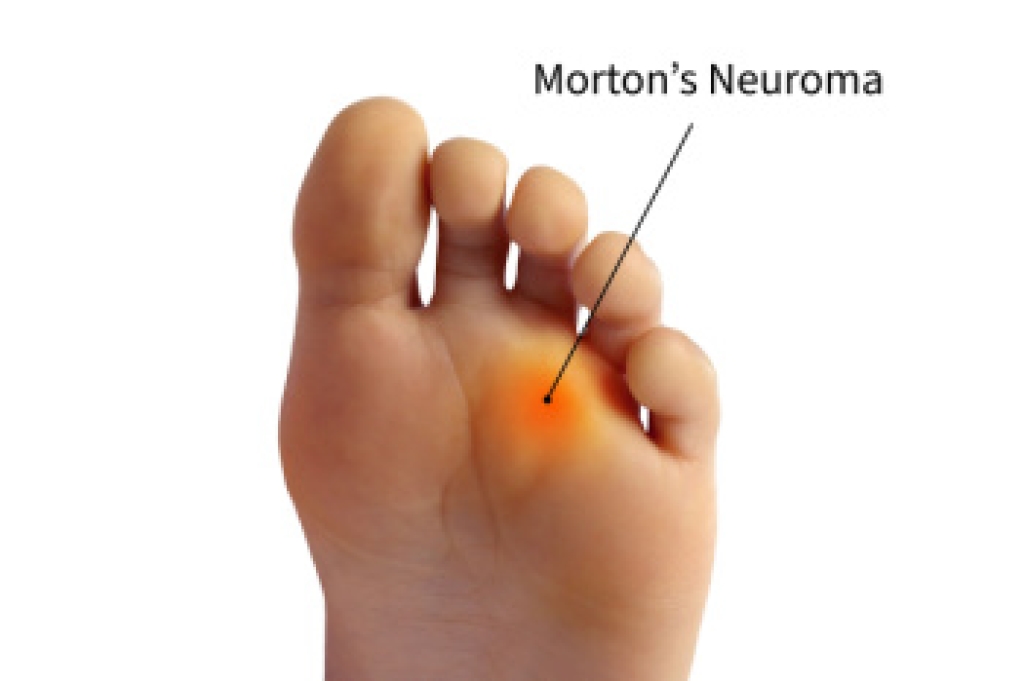
Total contact casts are extremely effective for managing diabetic foot ulcers, particularly those caused by neuropathy. These casts distribute pressure evenly across the foot and ankle, to reduce stress on the ulcerated area and promote healing. By immobilizing the foot, a total contact cast also limits excessive movement, which can further aggravate wounds. Total contact casts ensure consistent pressure relief since patients cannot remove them, leading to higher healing rates. These casts are particularly beneficial for non-infected ulcers where circulation remains adequate. While total contact casts offer significant advantages, they require careful monitoring to prevent complications like skin irritation or new pressure points. A podiatrist can assess whether a total contact cast is appropriate based on wound severity, circulation, and overall foot health. Regular evaluations are needed to ensure proper healing and adjust the cast. If you are experiencing foot problems related to diabetes, it is suggested that you schedule an appointment with a podiatrist to see if a total contact cast is right for you.
Diabetic foot care is important in preventing foot ailments such as ulcers. If you are suffering from diabetes or have any other concerns about your feet, contact Scott Samera, DPM from Samera / Foot + Ankle. Our doctor can provide the care you need to keep you pain-free and on your feet.
Diabetic Foot Care
Diabetes affects millions of people every year. The condition can damage blood vessels in many parts of the body, especially the feet. Because of this, taking care of your feet is essential if you have diabetes, and having a podiatrist help monitor your foot health is highly recommended.
The Importance of Caring for Your Feet
- Routinely inspect your feet for bruises or sores.
- Wear socks that fit your feet comfortably.
- Wear comfortable shoes that provide adequate support.
Patients with diabetes should have their doctor monitor their blood levels, as blood sugar levels play such a huge role in diabetic care. Monitoring these levels on a regular basis is highly advised.
It is always best to inform your healthcare professional of any concerns you may have regarding your feet, especially for diabetic patients. Early treatment and routine foot examinations are keys to maintaining proper health, especially because severe complications can arise if proper treatment is not applied.
If you have any questions, please feel free to contact our office located in Lake City and Branford, FL . We offer the newest diagnostic and treatment technologies for all your foot care needs.








